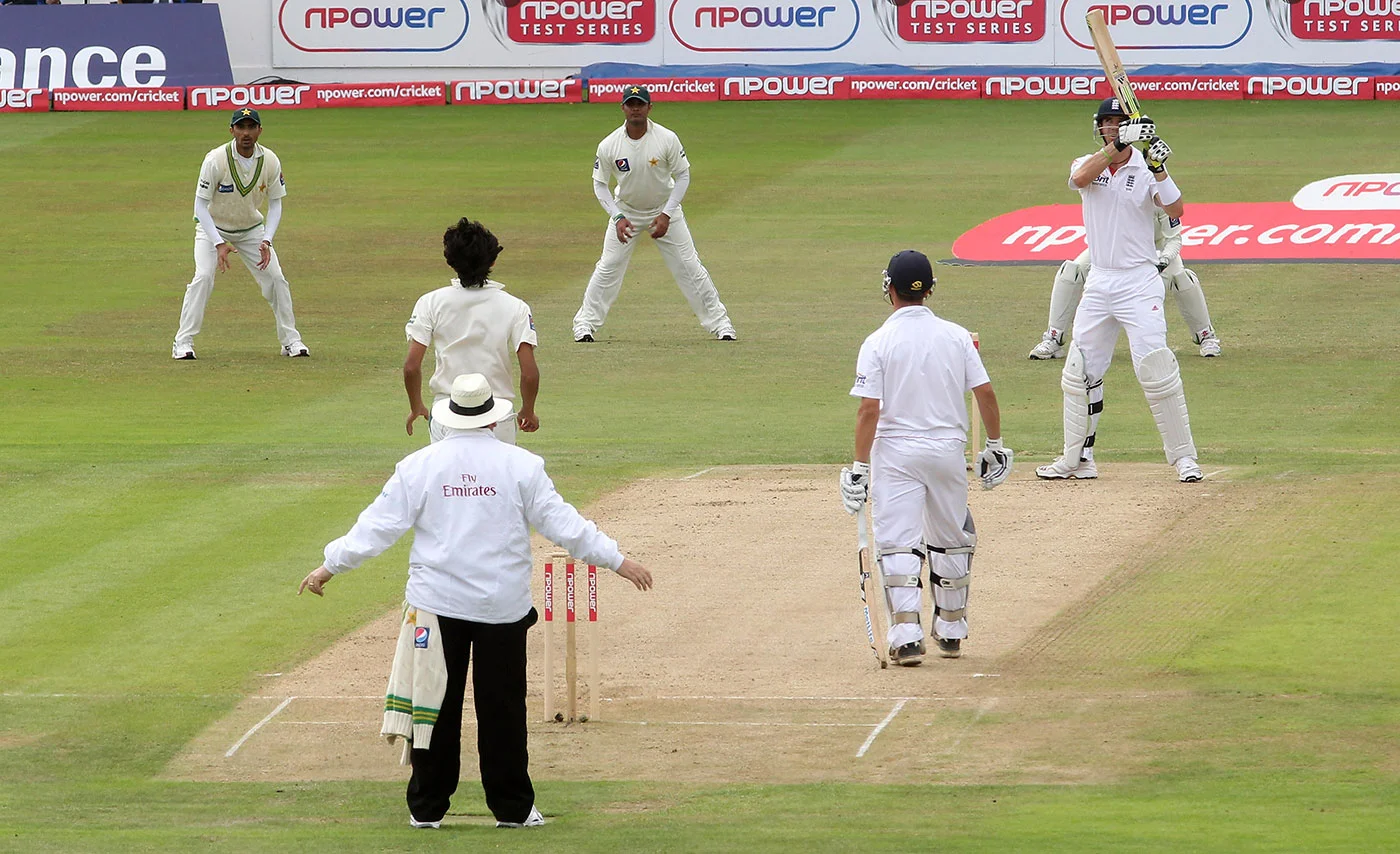The cricketing world is buzzing with calls to revisit the dead-ball law. With the ICC Cricket Committee meeting on the horizon, legendary batsman Sunil Gavaskar has ignited the debate, arguing that the current rule has an unintended loophole that could be exploited in high-pressure situations.
In the game Sunrisers Hyderabad vs. Rajasthan Royals, a tense LBW call on the last ball led to a batsman’s drift, which meant the ball was dead, potentially offering a strategic advantage to opposition captains and coaches.
This season has once again shown the gap between the domestic T20 leagues and the IPL. The same can be said for under-19 boys who suddenly find themselves exposed in men’s football. There are always exceptions, of course, but the majority, on which there were high expectations and who bet millions of rupees, have not delivered.
This should not come as a surprise because the difference in standards of both batting and bowling in the domestic T20 league, Under-19 cricket and the IPL is huge. Sure, some of these guys, with a little more experience, can become good players capable of holding their own even in the IPL. That said, giving some of these players millions of rupees is probably slowing down their career progress considerably because focus is suddenly lost.
It is perfectly understandable that a young player who has not seen such riches would be carried away by the glitz, glamor and accessories that such sudden wealth can bring. If they have a family that can help them keep their feet on the ground, then these children, who will probably fall with a thud, can be picked up and made to reach their potential a few years later.
One of the reasons I have been propagating a salary cap for uncapped players is mainly because there have been so many promising players at junior level who, having acquired sudden name and fame, have gone astray and lost their way in cricket. Indian. Again, when you compare what a Ranji Trophy player gets, even if he plays a full season of 35+ days but doesn’t play IPL, he will end up earning a fraction of what the uncapped IPL guys get for playing 14-16 days of Cricket. The BCCI is considering increasing the playing fees for Ranji Trophy and domestic cricket, which is fantastic news, but as I said before, they still know that no matter how well they perform in Ranji Trophy or domestic cricket, a or two performances in the IPL. It is the shortest route to the border of India.
This year, the IPL has sparked quite a debate over Impact Player and DRS for open balls and bouncers from some of the franchise captains and coaches, and this will certainly be a topic of debate for the BCCI and IPL rulers. Advice ahead of the mega auction later this year. In the game Sunrisers Hyderabad vs. Rajasthan Royals, there was a thrilling and exciting finish where the batsman was declared LBW and asked for a bypass. The moment that happened, the ball was dead, and even if the ball had reached the boundary, no runs would have been added.
This loophole can be exploited by many astute captains and coaches defending runs, especially in the last over. This is again something that should be up for debate, but it is pretty certain that the ICC will not be able to implement it for the upcoming T20 World Cup. It can surely be a topic of discussion at the ICC Cricket Committee meeting that is likely to take place during the T20 World Cup, either in the USA or the West Indies.
If the law has to be referred to the MCC, then it would be much better if some former players who have played in the IPL and other T20 leagues around the world were brought in to leverage their experience. The MCC makes laws which must then be followed by all cricket clubs, states and countries.
Therefore, a committee that is going to have the greatest impact on the laws of the game must have people who have played the game at the highest level and must be from different countries and not just primarily from England. I’m just giving you a list from the MCC Law Committee. I’m sure they are all perfectly capable people, but apart from former referees Sundaram Ravi of India and Simon Taufel, no one seems to have international experience. The list is the following:
- Alan Fordham (President)
- Deborah Burns
- bob hampshire
- Lieutenant Colonel David Jukes
- Paul McMahon
- Claire Polosak
- Sundaram Ravi
- Surendiran Shanmugam
- Simon Taufel

